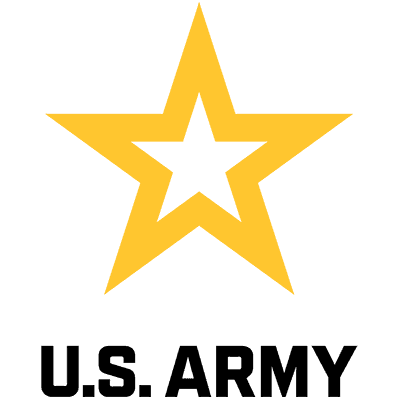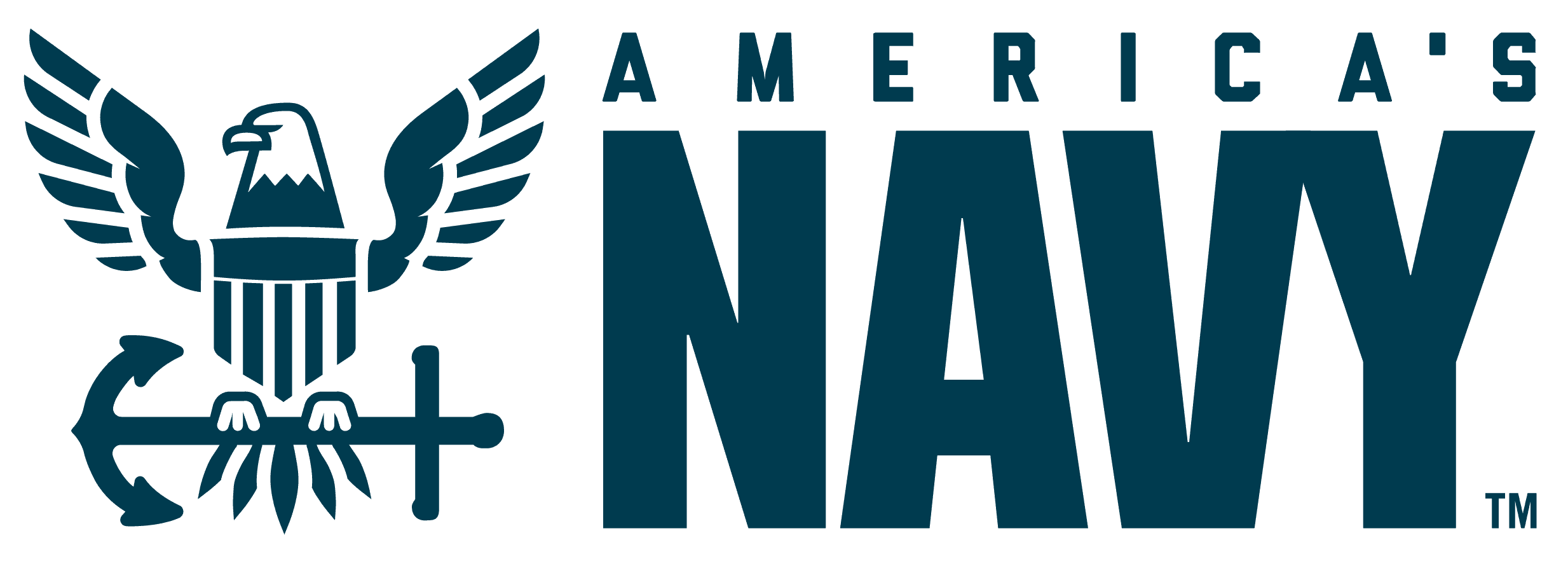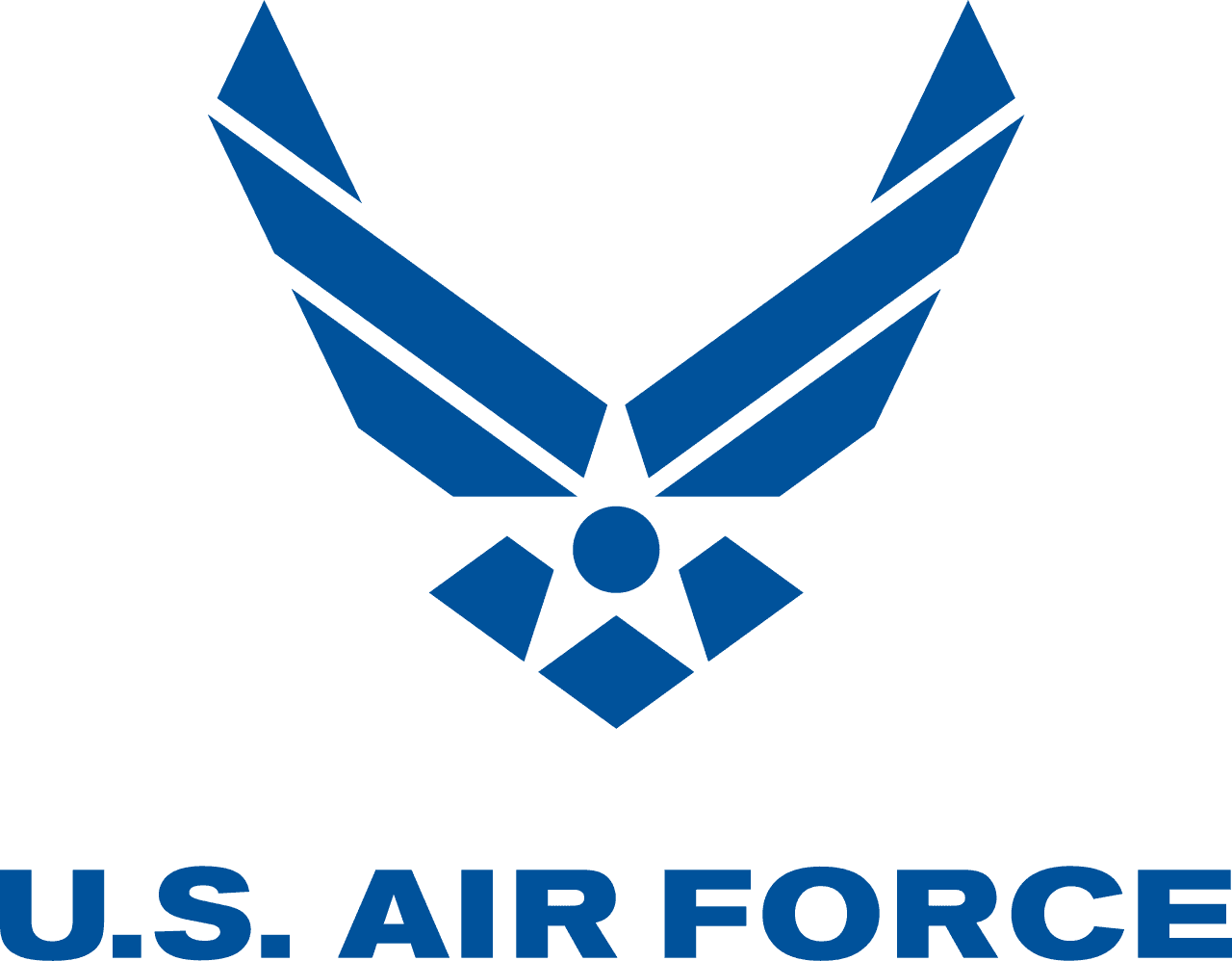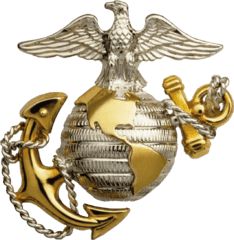Military Aircraft Engine Mechanics
Overview
What are the responsibilities of this role?
Some aircraft mechanics in the Military work solely on the engines, or powerplants of the aircraft. These mechanics troubleshoot and perform organizational, intermediate, and depot level maintenance on the engines and related components of the Military’s airplanes and helicopters. Aircraft engine mechanics must have specialized knowledge of the mechanical, electrical, and hydraulics principles applied to jet and turboprop engines.
What is the work environment like?
Aircraft engine mechanics work in aircraft hangars and machine shops located on air bases or aboard aircraft carriers. They may work outside on the airfield, or in climate-controlled shops and hangars.
How many people have this role in the Military?
56,620
Compensation
Understanding How Military Pay is More Than Just a Salary
Base pay is the standard income you’ll earn as a service member, providing a stable foundation to start achieving your financial goals.
- Always fixed based on rank and service time.
- Distributed monthly.
What is the typical salary range?
$50,451
$70,357
$95,360
Military Details
What Service Branches offer this role?
Is this a staff or leadership role?
What does the training for this role entail?
All enlisted service members complete basic military training, which includes time spent in a classroom and in the field, and covers tactical and survival skills, physical training, military life and customs, and weapons training. Aircraft engine mechanics are offered advanced technical training that prepares them to maintain specific aircraft engines. Training content may include:
- Repair of hydraulic, fuel, and electrical systems
- Repair of aluminum, steel, and fiberglass airframes and coverings
- Precision measurement and equipment calibration
- Engine disassembly, inspection, and repair
- Soldering techniques
Education
What level of education do professionals in this role have?
Which college majors best prepare you for this role?
- Airframe Mechanics and Aircraft Maintenance Technology/Technician
- Aircraft Powerplant Technology/Technician
- Agricultural Mechanics and Equipment/Machine Technology/Technician
Learn About How Military Can Pay for 100% of your College Degree
Skills and Interests
What knowledge is essential to bring to the table?
- Mechanical
- Engineering and Technology
- Mathematics
- Chemistry
- Customer and Personal Service
What personality traits help people thrive in this role?
You love hands-on work and solving practical problems — like fixing things and building stuff.
You like structure, staying organized, and working with systems to get things done efficiently.
You love figuring out how things work and researching subjects that interest you.
RIASEC represents six broad interest areas—Realistic, Investigative, Artistic, Social, Enterprising and Conventional—helping individuals identify careers that match their skills and preferences.
Take the RIASEC TestData supplied by Bureau of Labor Statistics, National Center of Education Statistics, Defense Manpower Data Center (View our update schedule). Contact any business, college or military service branch to answer additional questions.



